Summary: the role of accounting in work health and safety study
The issue
Poorly controlled work health and safety (WHS) and resultant work-related injuries and illnesses potentially create significant social and financial organisational risk. The due diligence obligations for Officers as articulated under Australian WHS legislation reinforce the importance of appropriately ‘informed’ WHS decisions and assurance. These requirements have potential important implications for accounting professionals, as Officers and as the traditional providers of performance information that guides executive decision-making, yet links between accounting practices and WHS are poorly understood.
The study
The study sought to identify and describe how WHS performance is currently evaluated and monitored when viewed through the lens of traditional accounting processes (i.e. resourcing, measuring, reporting and assurance) in informing Officers’ (WHS) due diligence. The research examines the engagement of accountants in WHS governance; the quality of WHS measurement tools; and the integration of health and safety considerations into routine business strategy, policy and practice.
The sample
Case studies were undertaken in eight Australian organisations. These comprised one large and one small public sector organisation, two private and four publicly listed companies. They ranged in size from large multinationals to small businesses and represented industries such as construction, manufacturing, education, media and entertainment and professional services. Interview participants included business leaders (e.g. CEOs and GMs), senior managers (e.g. operation, risk, finance, purchasing managers); financial controllers, accountants and internal auditors; and WHS managers, advisers and HSRs.
Main findings
Medium-large entities are initiating risk mapping exercises to identify and integrate WHS risk into broader corporate risk management practices.
WHS due diligence training for most officers was focused on legal exposure and failed to inform their general understanding of WHS or how their decisions influence WHS outcomes.
Accountants may tend to view WHS from a ‘siloed’ rather than integrated perspective and identify only direct WHS costs (e.g. compensation).
WHS assurance practices vary widely. Many organisations are struggling to address the due diligence requirements for verification.
WHS performance data is generally inadequate for effective decision-making, yet accountants do not readily lend their expertise to aid the innovation in non-financial WHS performance measures that could assist verification, guide strategy and better inform WHS decision makings.
Many accounting practices (procurement, resource allocation) do not include the adequate internal controls or consultation mechanisms required to ensure due consideration of the likely WHS implications.
